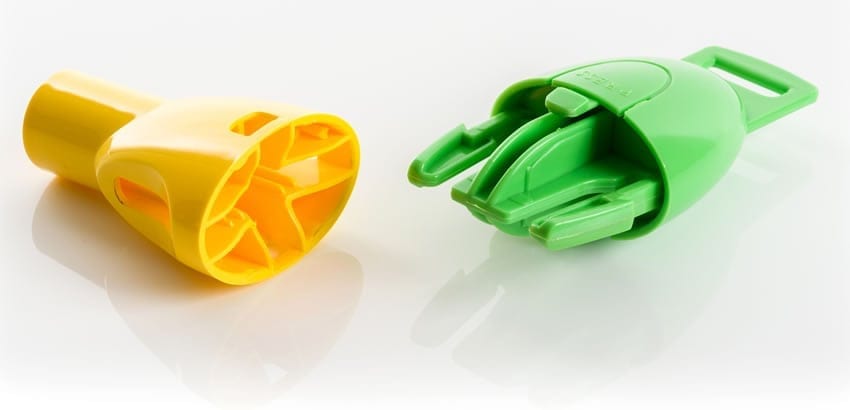Manufacturers in the UK Plastic Industry
The plastics industry in the UK has come a long way since its early days in the 1960s. Today, manufacturers in the UK use plastic in a wide range of products. Therefore, making modern life as we know it impossible without them.
Importance and Size of the Industry
The plastic product manufacturing industry has grown significantly over the years. It is now considered one of the most important sectors in the UK. It employs roughly 500,000 people, directly and indirectly, and also comprises 5,800 companies. Consequently, making it the second largest employer in the UK manufacturing sector and one of the top 10 exports in the UK.
The Need for Skilled Workers
The industry processes 3.3 million tonnes of plastic materials and produces 1.6 million tonnes. Despite being one of the highest producing industries across Europe, British plastics manufacturing is still suffering from a lack of skills and recognition. To cope with the fast growth of the industry, more young people need to be trained in plastics manufacturing and development.
Actions are being taken to invest in young people interested in the plastics industry. This is done by amending the UK curriculum to offer potential training and early skills. Organisations are also being encouraged to get involved in teaching, work placements and apprenticeships. As a result, this will help nurture those interested in a career in this fast-growing industry.
Sustainability Concerns
One major concern about plastics is the effect they have on the environment. The plastics industry is hard at work to ensure that the growing use and development of plastics is sustainable. The British Plastics Federation is putting pressure to ban the landfill of all recyclable and recoverable waste that could be recycled. The Plastics Industry Recycling Action Plan is being developed to decide the most efficient and environmentally friendly method of dealing with plastics waste.
History of Plastic Injection Moulding
Development of the Manufacturing Process
Plastic injection moulding is a manufacturing process that has been in use for over a century. It was first developed in the late 1800s as a way to manufacture small objects, such as buttons and hair combs. However, it was not until the 1940s that the process began to be used on a large scale to produce a wide range of products.
Key Developments
One of the key developments that led to the widespread use of plastic injection moulding was the invention of new types of plastics. The 1950s and 1960s saw the introduction of a range of new plastics, including polyethylene and polypropylene. These new materials were lightweight, strong, and versatile, making them ideal for use in a wide range of products.
Current Use of Plastic Injection Moulding
The use of plastic injection moulding continued to grow throughout the 1970s and 1980s, as new technologies and materials were developed. Today, plastic injection moulding is used to manufacture everything from medical devices and automotive parts to toys and household appliances.
Benefits of Plastic Injection Moulding
Despite these challenges, plastic injection moulding is becoming a popular manufacturing process, as it is efficient and resourceful. It allows for only the necessary amount of plastic to be used, and excess plastic can be recycled.
Furthermore, plastic injection moulding is also seen to be accurate due to its precise method and process, and it is also fast.
Get in Touch with Moldwel to Discuss Your Injection Moulding Needs
Are you looking for UK plastic injection moulding manufacturers to provide expert advice? If you are interested in our plastic injection moulding services offered, contact us today.

